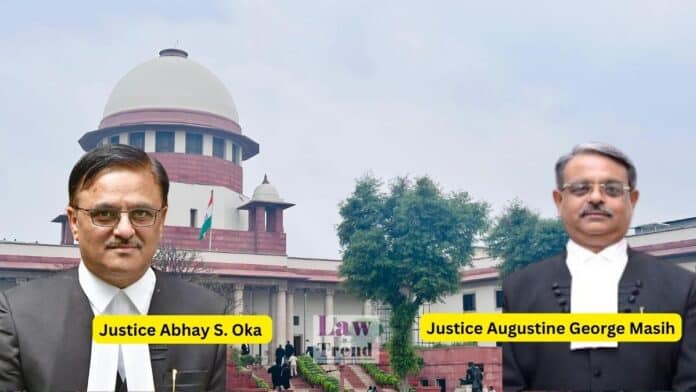In a significant judgment that underscores the importance of procedural fairness, the Supreme Court of India, in Criminal Appeal No. 5404 of 2024, set aside an interim order of the Allahabad High Court that dispossessed the appellant, Abhay Pratap Singh, from his property without a specific prayer in the writ petition. The ruling was delivered
To Read More Please Subscribe to VIP Membership for Unlimited Access to All the Articles, Download Available Copies of Judgments/Order, Acess to Central/State Bare Acts, Advertisement Free Content, Access to More than 4000 Legal Drafts( Readymade Editable Formats of Suits, Petitions, Writs, Legal Notices, Divorce Petitions, 138 Notices, Bail Applications etc.) in Hindi and English.




